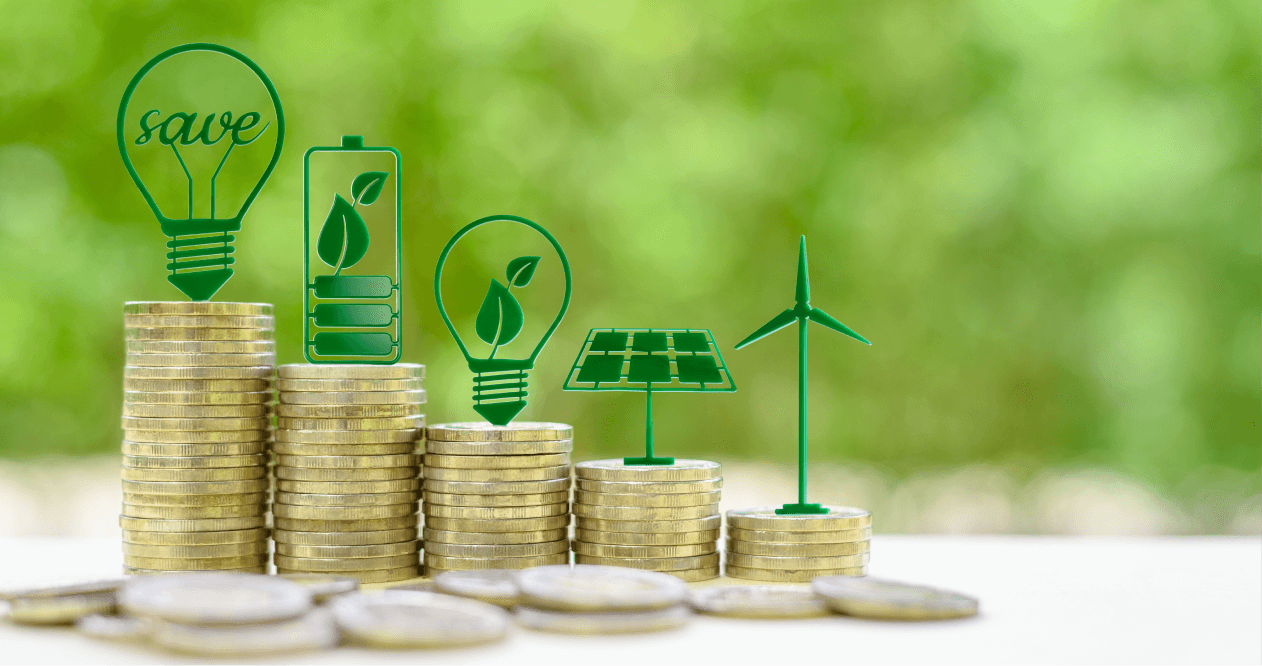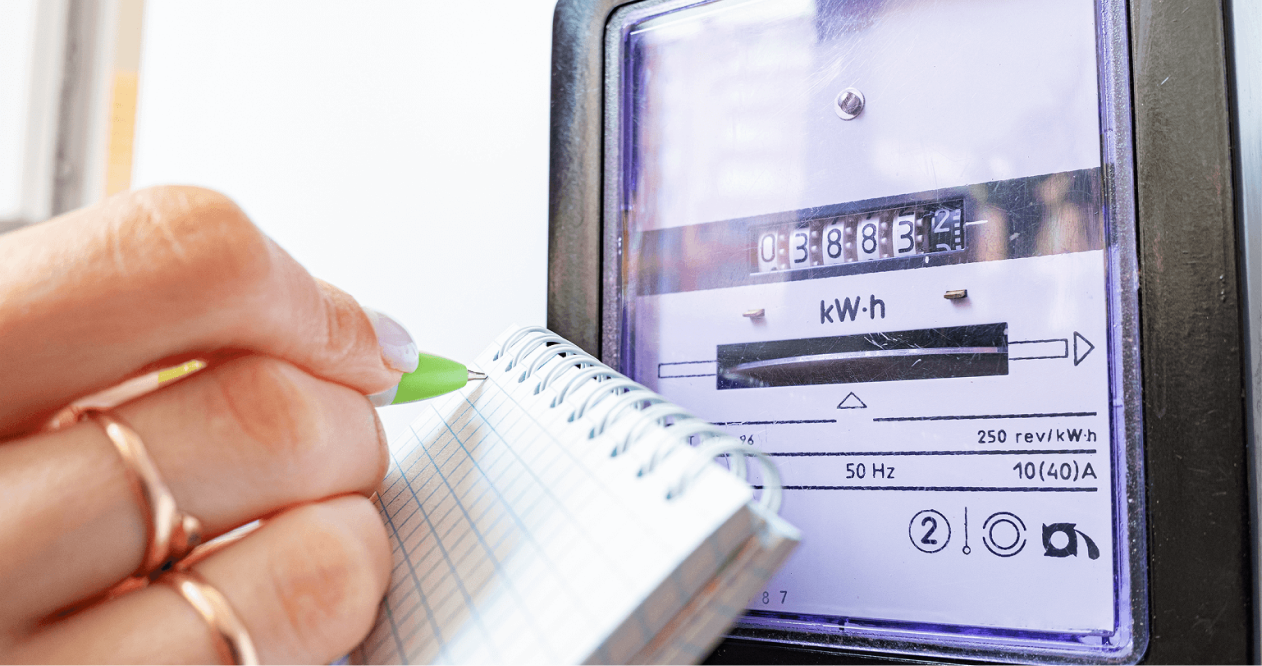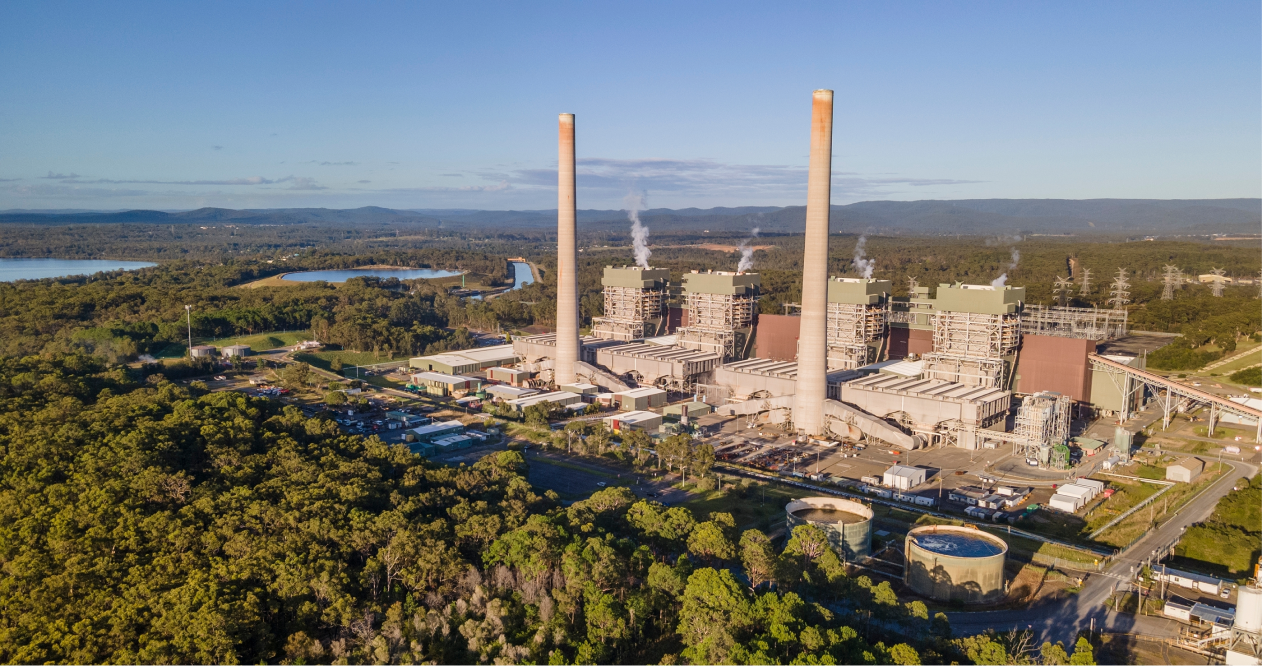Who is Zembl?
For more than 15 years, Zembl has been offering energy procurement and energy bill comparison services to Australian businesses, helping businesses from the smallest café to the biggest manufacturer buy better for their energy.
For Commercial & Industrial businesses who use our energy procurement services we offer the added value of energy efficiency consulting, in partnership with leading energy efficiency specialists Solar Choice, Ecovantage, Quality Energy, Esena Energy.
Zembl provides energy bill comparisons for smaller businesses and energy procurement for Commercial & Industrial businesses.
Energy efficiency: the gift that keeps giving
For Australian businesses, from bustling supermarkets to innovative manufacturing hubs, understanding and implementing energy efficiency can lead to significant cost savings with the silver lining of a reduced carbon footprint. With today’s technological backdrop, it’s about so much more than turning out the lights – here we uncover the multitude of energy efficiency opportunities that every business could be sitting on, and how to unearth and unlock them for your business.
The power of energy efficiency on your business bottom line
Energy efficiency is not just about cutting costs; it's about futureproofing your business. In 2025, Australian enterprises face increasing pressure to operate sustainably. This shift isn't just driven by regulations but also by customer expectations and global sustainability goals. By prioritising energy efficiency, businesses can improve their bottom line while contributing positively to the environment.
Furthermore, energy-efficient practices often lead to improved operational performance. For example, efficient equipment tends to have a longer lifespan and requires less maintenance, reducing downtime and operational disruptions. Additionally, businesses that demonstrate a commitment to sustainability tend to enjoy enhanced brand loyalty, as more consumers prefer brands that align with their environmental values.
Energy efficiency opens the door to new market opportunities. Companies that adopt sustainable practices are often better positioned to collaborate with other environmentally conscious businesses. This can lead to partnerships, joint ventures, and the ability to tap into green markets that might otherwise be inaccessible.
And with Australia’s new mandatory climate-related financial disclosure requirements beginning to roll out for large corporations, smaller businesses in their supply chains will likely face increasing expectations to demonstrate sustainability and emissions reporting in the near future.

The progress of renewables
Renewable energy sources are playing an increasingly larger role in powering Australian businesses. In 2025, many companies are turning to solar panels, wind energy, and other sustainable options to meet their energy needs. Not only do these sources help reduce reliance on fossil fuels, but they also offer long-term energy efficiencies and cost benefits. According to Prime Minister Anthony Albanese, nearly one in three Australian businesses now utilise rooftop solar, highlighting the growing adoption of renewable energy in the commercial sector.
Solar panels, for example, offer businesses a way to generate their own electricity, reducing dependency on traditional power grids and fluctuating energy prices. Furthermore, advances in technology have made solar installations more affordable and efficient over the last few years, providing a strong return on investment over time.
Battery storage is becoming an increasingly valuable option for medium to large energy users looking to take greater control of their energy usage and costs. With the ability to store excess energy, particularly from solar systems—batteries help businesses reduce their reliance on the grid during peak times, avoid demand charges, and increase overall resilience. In 2025, the federal government’s newly announced battery rebate program makes this technology even more accessible, opening the door for more businesses to benefit from smarter energy management and long-term savings.
For businesses looking to transition smoothly, energy audits and consultations with experts can highlight the best renewable options tailored to specific operational needs. By understanding the available choices, businesses can make informed decisions that align with both their financial and environmental goals.
Business attitudes to renewable energy
In a 2023 study1 commissioned by Zembl, it was revealed that, while sustainability is not the top priority for all businesses, attitudes toward renewable energy are shifting. Many businesses, especially larger ones, recognise the strategic advantage of being seen as environmentally friendly. However, small businesses often struggle with implementing sustainable practices due to perceived costs and complexity.
In the corporate realm, being associated with green energy can enhance a company’s reputation and appeal to environmentally conscious consumers. Large enterprises often have the resources to invest in renewable technologies and advertise these initiatives as part of their corporate social responsibility agendas.
Smaller businesses, on the other hand, frequently see sustainability as a luxury they cannot afford. The challenge lies in balancing short-term financial pressures against long-term sustainability goals, and especially for small businesses, the bottom line is the bottom line.
1. August – September 2023 Study of Australian Businesses, “Connected Ecosystem”, by Fiftyfive5, Part of Accenture Song.
The universal appeal of energy efficiency
One area of universal appeal revealed in the 2023 Zembl study for businesses big and small, was the sweet spot of energy efficiency. Every business, no matter how big or small is focused on profitability and if energy efficiency is the pathway to a reduced cost, it gets a thumbs up, whilst happily providing a tick on the business sustainability scorecard at the same time. Win-win you could say. What’s more, there are multiple grants and schemes available at both federal and state levels to help eligible businesses fund these energy efficiency upgrades, making the decision even easier.

Top 7 energy efficiency initiatives for impact
Where businesses stand to save the most
Whilst every business is unique, typically their energy efficiency opportunity lies somewhere in these 7 areas of transformation.
- Switch to LED lighting
LED lights use significantly less energy than traditional bulbs and have a longer lifespan. This simple switch can lead to immediate energy savings and lower maintenance costs.
- Install solar panels and/or batteries
Solar energy is a renewable, cost-effective way to generate electricity. Over time, solar panels can provide substantial savings by reducing reliance on grid power and batteries allow businesses to store the energy generated by their solar panels so it can be used at times when the sun isn’t shining, such as at night or when it rains.
- Consider heat pumps
Heat pumps have been known to save businesses who use a lot of hot water up to 70% on their hot water energy costs. If your business also has solar, the efficiency of a heat pump frees up electricity for other uses.
- Conduct an energy audit
Energy audits help businesses identify areas where energy is wasted and suggest improvements. By understanding current usage patterns, businesses can implement targeted strategies for efficiency. They can also gather data and documents that build the business case for transformation with business stakeholders who need to come on the journey.
- Install a Power Factor Correction (PFC) device
Many businesses unknowingly pay extra charges due to poor power factor—especially those using heavy-duty equipment. PFC devices help optimise the efficiency of your electrical system, reducing demand charges and improving the overall stability of your energy usage. This can lead to significant savings, particularly for high-load operations.
- Upgrade equipment
Investing in energy-efficient equipment can drastically cut energy use. Look for appliances and machinery with high efficiency ratings to ensure long-term savings.
- Implement smart energy management systems
These systems provide real-time analytics and control over energy consumption, allowing businesses to optimise their usage based on demand and avoid unnecessary energy wastage.
Energy efficiency unearthed
What your business could stand to gain
The financial benefits of energy efficiency are substantial. By switching to more efficient operations, businesses can expect to see reduced energy bills, and the good thing is, once initiatives are implemented, they’re the gift that keeps returning dollars to the bottom line for years into the future.
However, every business is different, with an energy efficiency opportunity that's dependent on its people and processes, physical premises, operations, hours of operation and a myriad of other factors intertwined. Another challenge with any operations overhaul is building the business case for change, sharing it with internal stakeholders and getting the buy-in to move forward.
Evidencing benefit with an energy audit
An energy audit is a service that involves holistic documenting of every part of a business's equipment and operations with an energy efficiency lens. Importantly, they provide upfront costs to make changes and payback timeframes, i.e. the time it will take for a business's investment in energy efficiency upgrades to be ‘paid back’ thanks to long term cost savings.
Making the most of government grants
Finally, government incentives and rebates for energy-efficient upgrades can further reduce costs, providing an additional financial boost. By exploring these opportunities, businesses can maximise their savings while contributing to a more sustainable future. Grants are different from state to state and often released in batches, so it pays to visit the relevant government websites to see what’s available and when.

How technology is driving energy efficiency
Top 4 advancements of the last decade
Technology continues to revolutionise energy efficiency; where previous generations simply turned off the lights and pulled out the plugs, today businesses have ever-evolving opportunities to make energy saving easier and more automated. Whilst the possibilities and platforms are changing all the time, key areas of advancement that are matured, tried and tested for businesses today include:
- The integration of smart systems and IoT devices
IoT (the Internet of Things) was the buzzword of the last decade that’s now mainstream embedded in our world, enabling real-time monitoring and optimisation of energy use, and providing businesses with actionable insights to improve efficiency.
- AI-driven energy management systems
A gamechanger of recent years, AI now allows us to analyse vast amounts of energy data to identify patterns and suggest efficiency improvements. These systems can automate energy-saving measures, such as adjusting lighting and HVAC settings based on occupancy, leading to substantial savings.
- LED lighting
LED lighting is an advancement in lighting technology that’s also emerged as a staple in energy efficiency strategies of recent years. Compared to traditional lighting, LEDs consume significantly less energy and have a longer lifespan, reducing both energy costs and maintenance expenses. LED lighting technology can also come with occupancy sensors that provide a standby level of lighting at all times, and full light only when a space is occupied, making them perfect partners for IoT and other smart energy management systems.
- Solar panels and battery storage solutions
Solar Panels and Batteries offer businesses the opportunity to use their premises as a landscape for the generation of renewable energy and make significant and ongoing savings on electricity costs as a result. Whilst the installation cost may be high, the long-term efficiency gained outweighs that cost and generally pays for itself within 2 to 5 years, depending on the size of the business and its level of energy consumption.
How Zembl can help
More than energy procurement
At Zembl, we offer energy procurement for the entire Australian business sector, but we know it takes more than energy procurement alone to make the biggest impact on a business’s bottom line in terms of energy efficiency.
That’s why, when you choose Zembl for energy procurement you’ll feel our energy well beyond signing your energy contract, with ongoing service to help you know more, use less and pay less for your energy, for your full contract duration. This includes:
- Zembl Energy Consultants – a team of local, expert people at your service.
- Energy intelligence – AI-powered insights from your own usage data to uncover and maximise your efficiency opportunities.
- Energy efficiency – using your energy insights, we’ll help power your business’s transformation to today’s most energy efficient options.
If you’d like to know more, it’s as simple as leaving your details and a Zembl Energy Consultant will call you right back.






.png)


.png)
.svg)
.svg)